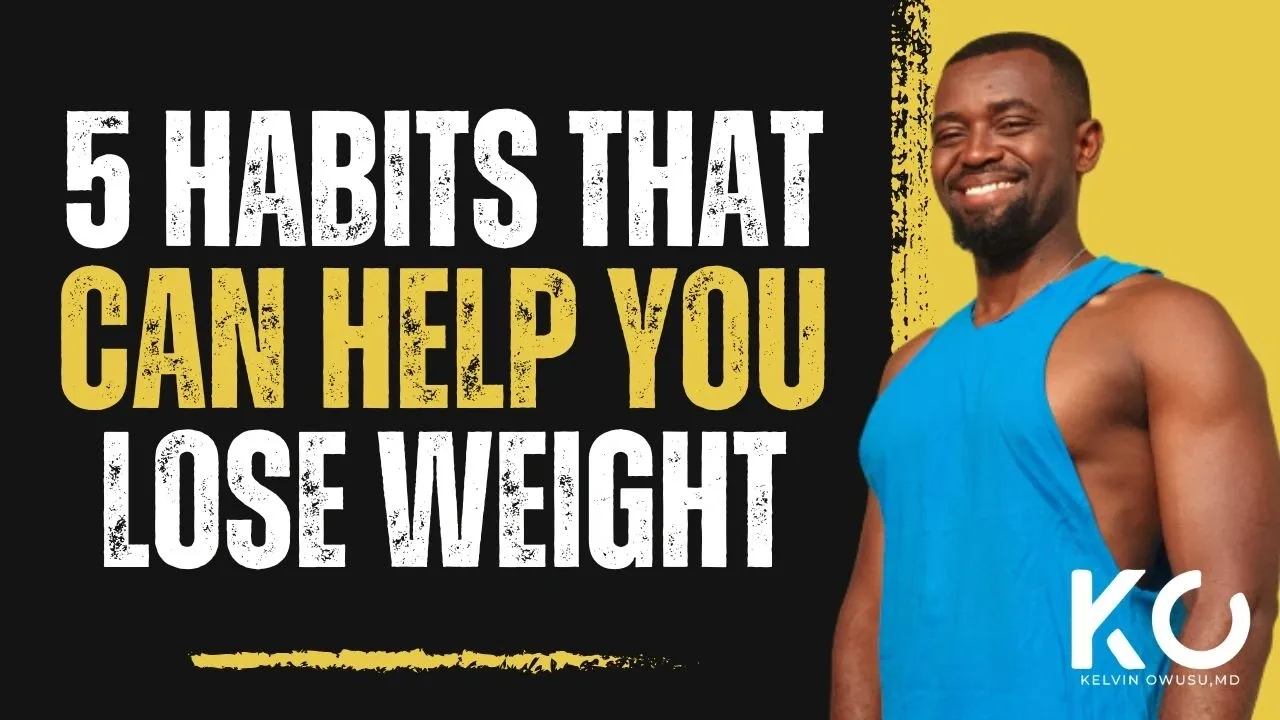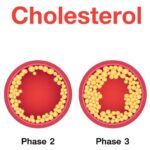5 food habits to break if you are serious about losing weight
Weight gain or an inability to shed excess weight can be rather distressing for many people. Of course, there are also those who couldn’t be bothered about their weight only because they don’t quite understand that such a natural process could be associated with so many negative effects.
Numerous factors affect your weight, including your age, emotional state, type of work, lifestyle, medication and co-comorbidities. However, the habits you have developed are a key contributor to your current weight.
There are many indices for estimating how much weight is healthy for you, but the BMI or body mass index is the easiest to assess. BMI is the ratio of your weight in kilograms to the square of your height in metres.
Other measures have been developed to assess adiposity (the amount of fat and of particular interest, their location) rather than just general weight but are yet to be fully integrated into our medical practice.
Below is a chart of BMI and it’s interpretation

Go ahead and do your own BMI calculation and see where you are at.
In this article, we talk about 5 food habits to break if you are serious about losing weight.
- Eating processed foods

Eating is a process just like any other process in the body and indeed requires energy. Energy to chew, to swallow, to digest and indeed to absorb the nutrients. Processed foods, on the other hand, require less during chewing and swallowing and, because it’s been broken to its finest form, does not require significant digestion. A diet that is high in processed food costs less energy and provides almost 100% of the calories available in it, therefore the net calorie gain far exceeds what you would get from eating a less processed diet. For this reason alone cutting down the amount of processed food in your diet is indeed a positive habit to adopt if you intend to lose weight or to maintain an ideal weight.
Start by switching from white table sugar to the less processed brown sugar, or honey or simply avoid adding any sugar to your beverages. It will take some getting used to, but remember that everything you eat is already rich in sugar, so don’t overindulge.
- Eating large portions of food
Generally, the average African eats far more than his or her body actually needs at a particular sitting. This phenomenon is further complicated by poverty; many people here eat once or twice a day, not by choice. People are under the impression that if you are only going to eat once or twice a day then you need to eat heavily to sustain you throughout the day. Unfortunately, the body disagrees.

Your body will take just what it needs at that particular time and store the rest as fat for future use. It is therefore not unusual to find a low-income individual who is significantly overweight due to this habit. It is of great concern that you manage your portion size at every sitting to help in managing your weight and eventually to help prevent the development of disease conditions that will further compound your financial situation.
One way of doing this is to use a smaller plate than you would typically use. Hunger and satiety are both physical as well as mental. The same size of food placed on a large plate will appear small, your brain will interpret that as not enough food, and your response will be to add more food to the plate, whereas on a smaller plate, it could overflow. Your response would then be to reduce the portion sizes. Your brain will naturally limit your appetite physiologically. Smaller plate leads to smaller portion size which leads to less calorie consumption and the beginning of your weight loss journey. Of course, the discipline to avoid seconds is key to this habit.
- Eating in a distracted state
It has become commonplace to have dinner, or any meal for that matter, while fiddling with your phone or watching a movie or reading a document or doing everything else but focusing on the food you are eating. This causes you to spend a lot more time eating than you actually need to and you inadvertently eat more food than you actually would have wanted to because you were distracted. Meal time is serious business and needs to be treated as such. Research has shown that people who eat in a distracted state gain more weight as compared to people who eat in a more focused and timely manner. If you are serious about losing weight this is a habit you want to cultivate. Meal time is not one of the times you would want to multitask. Focus is the key.
- Skipping breakfast
Now this is a very very common practice amongst people, especially in the corporate world. Due to time restrictions, deadlines, trying to beat traffic among other things, people just wake up and get their day going, skipping breakfast seems like a worthwhile sacrifice; and you can even make up for it with a big lunch. Skipping breakfast sounds like great idea especially when you want to lose weight, but interestingly, people who skip breakfast tend to gain more weight than people who don’t, the reason for this has already been explained above. The best you can do for yourself is to actually break that fast by having a meal in the morning and opt rather to have a lighter lunch. This strategy works very well for corporate workers. Persons in other professions will require different strategies which we will discuss in a separate article.
- Late eating

Now this is definitely the big one; talk about saving the best for last.
This single habit could be responsible for about 60% of the weight you have put on recently. So let’s back it up a bit and understand what late eating is. It takes the body about 4 hours to digest all the food you eating and completely empty the stomach of its contents. What this means is that if you eat and sleep less than four hours apart you are most likely going to store all the calories you consume directly as fat. When you sleep your energy requirement drops significantly and as already indicated the body does not waste energy, therefore, whatever is not used is going to be converted into fat for storage.
This is an area where most people struggle with; after a long day’s work you are already tired, you’ve gone through traffic, you arrive home late, you quickly grab a bite to eat and before you know it you fall asleep in front of the TV and you wake up heavier. You need to be more conscious about your eating time versus your sleeping time to maximize your weight loss journey. If you intend to sleep at 10 p.m. your last meal should ideally be by 6 p.m.
Ultimately, just as you didn’t accumulate the weight overnight, you are not going to lose it overnight. It’s going to take discipline and consistency to get to your target. So don’t be in a hurry.
Dr. Kelvin Owusu is a Health and Wellness Consultant who, through a holistic approach, helps individuals and groups craft innovative health plans aimed at promoting healthy lifestyles.
Support us by sharing this article on your social media and also by becoming a patron. https://patreon.com/KelvinOwusuMD







